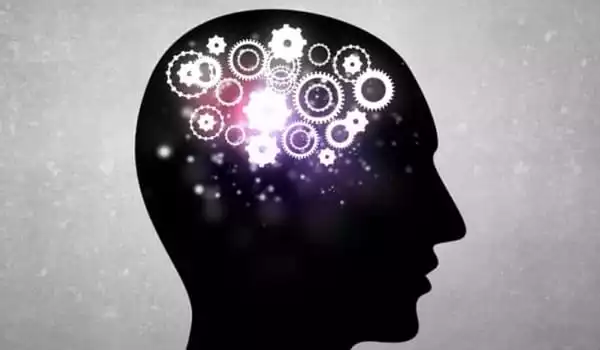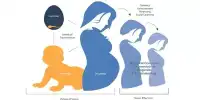We’ve all misplaced keys, forgotten someone’s name, or forgotten a phone number. When you’re young, you don’t pay much attention to these gaps, but as you get older, you may get concerned about what they signify. Perhaps you start talking about a recent movie you saw when you discover you can’t remember the title. You’re delivering directions to your house when you suddenly forget the name of a nearby street. Or you find yourself standing in the middle of the kitchen, wondering why you got in there in the first place. Memory lapses can be annoying, but they aren’t always a cause for concern. Memory changes associated with aging are not the same as dementia.
When a person attempts to access a memory, their brain quickly sifts through all of the information stored in it to identify the essential information. However, as we become older, many of us have difficulties recalling memories. Researchers give an explanation for why this might be happening in a review published in the journal Trends in Cognitive Sciences: older persons’ brains dedicate more room to acquired knowledge and have more material to traverse when seeking to recall memories. While this plethora of prior knowledge can make memory retrieval difficult, the researchers suggest it can also help with creativity and decision-making.
Older adults have difficulty suppressing irrelevant information and that when searching for a specific memory, they frequently retrieve other, irrelevant memories alongside it. The research also shown that when given a cognitive task, older persons depend on prior knowledge more significantly than younger adults.
As you become older, your body goes through physiological changes that can cause problems with brain functions you’ve always taken for granted. It takes more time to learn and remember knowledge. You’re not as swift as you once were. In fact, you can confuse this slowing of your mental processes with genuine memory loss. However, most of the time, if you allow yourself enough time, the facts will come to mind. While it is true that many brain changes are unavoidable as we age, major memory issues are not one of them. That is why it is critical to distinguish between typical age-related forgetfulness and symptoms that may suggest a developing cognitive issue.
Tarek Amer (@tarekamerphd) of Columbia University and Harvard University, Jordana Wynn (@jordwynn) of Harvard University, and Lynn Hasher of the University of Toronto examined several behavioral and neuroimaging studies that show that older adults have difficulty suppressing irrelevant information and that when searching for a specific memory, they frequently retrieve other, irrelevant memories alongside it. The research also shown that when given a cognitive task, older persons depend on prior knowledge more significantly than younger adults.

While the researchers’ primary focus is on the challenges that these packed recollections may present, they also emphasize a few scenarios in which these congested memoryscapes may be advantageous. “Evidence implies that older people’ creativity is conserved, and at times increased, as a function of enriched memories,” the researchers write. They also predict that when it comes to decision-making, older folks may benefit from their prior knowledge since they can draw on their acquired wisdom.
Because the brain may produce new brain cells at any age, major memory loss is not an inevitable outcome of aging. But, just like muscle strength, you must use it or lose it. Your lifestyle, habits, and everyday activities all have a significant impact on the health of your brain. Whatever your age, there are numerous strategies to boost your cognitive abilities, avoid memory loss, and safeguard your grey matter.
Researchers are hopeful that by continuing to investigate and gain a better understanding of how memory works in older folks, they will be able to develop new strategies to help them. “It is feasible that older individuals’ higher binding and richer encodings can potentially be used to improve older adults’ learning and memory,” they write.
The key distinction between age-related memory loss and dementia is that the former does not cause disability. Memory lapses have little impact on your day-to-day performance and ability to execute what you desire. Dementia, on the other hand, is characterized by a chronic, disabling decrease in two or more cognitive abilities such as memory, language, judgment, and abstract thinking.
When memory loss becomes so prevalent and severe that it interferes with your employment, hobbies, social activities, and family relationships, you may be experiencing the warning signs of Alzheimer’s disease, another ailment that causes dementia, or a condition that resembles dementia.














